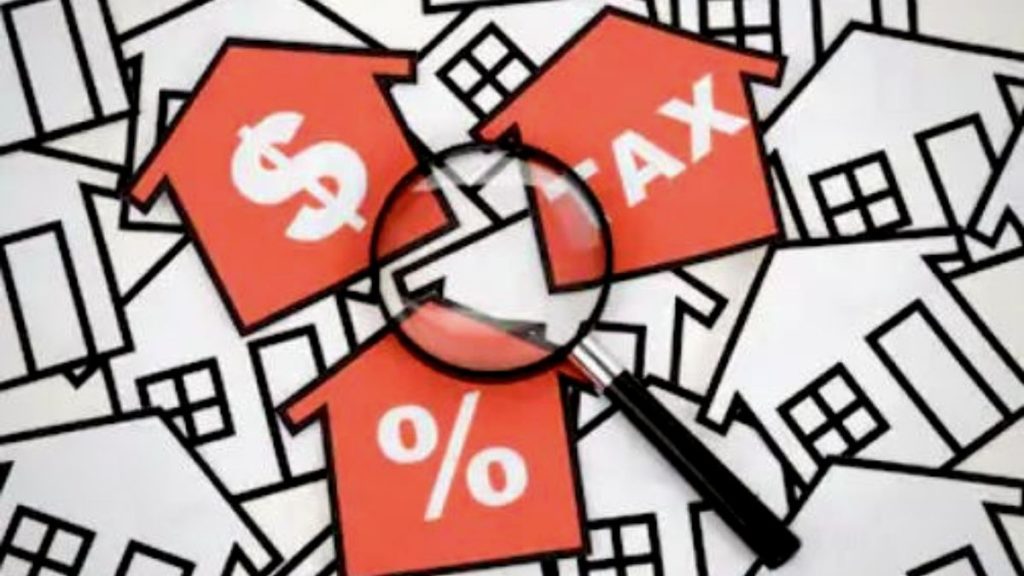Home sellers have plenty to do. They have to start thinking about where they’re going to live and what to do with their belongings. Sellers need to get their property listed and advertised and prepare for open house showings.
Another concern is establishing a reasonable sale price for your home. Setting a price that’s too high could cause your home to sell quicker than anticipated. On the other hand, having an asking price that’s too low could leave your house on the market unsold for weeks, months, or even longer.
You should pay attention to current market trends and economic conditions to determine your asking price. Be especially careful with warning signs of a potential housing market crash.
Selling a home in Tennessee can be complicated at times. There may be unexpected delays or issues that can occur. You’ll also have to interact with different people along the way. You should still be able to sell your home with the help of an experienced realtor, determination and a good plan of action.
Here are a few ways that you can tell that the housing market may crash:
- 1. Interest rates are increasing.
- 2. Tax codes are changing.
- 3. Less affordable housing is available.
- 4. There are more unregulated mortgage brokers.
- 5. You'll see a lot more flipped homes.
- 6. There's an inverted yield curve in the bond market.
- 7. Unexpected stock market changes.
- 8. Home sales and home construction is declining.
- 9. Houses remain on the market for longer periods of time.
- 10. Housing market crash warnings are announced.
- Have Questions? Ask The Lumiere Team!
1. Interest rates are increasing.
Rising interest rates can often signal a potential housing market crash. When interest rates increase, it may be more difficult for buyers to purchase a home. It can also make current mortgage borrowers have to stretch their finances even farther.

2. Tax codes are changing.
Tax codes can have a significant impact on the housing market. The most recent change was from the 2017 Tax Cuts and Jobs Act. This act eliminated the mortgage interest deduction for many homeowners.
3. Less affordable housing is available.
The number of affordable houses decreases as the unemployment rate and home prices increase. People have less disposable income. When this happens, potential buyers tend to delay buying a home until conditions improve.
4. There are more unregulated mortgage brokers.
Unregulated mortgages are not overseen by state or federal mortgage regulators. Many home buyers work with a mortgage buyer because it saves them time and money. However, if you’re thinking about buying a house, you may want to work with a regulated mortgage broker.

Unregulated brokers entered the market en masse during the first part of the new century. This was due to an increase in demand for mortgage loan-linked investments and reduced interest rates. Most unregulated mortgage companies aren’t associated with banks or other traditional lending organizations.
They can offer adjustable-rate mortgages and other nontraditional options. If you do decide to work with one of these companies, just make sure that you aren’t agreeing to a mortgage loan that doesn’t reduce your loan balance as you’re making your mortgage payments. Be sure to read the contract carefully and question any terms or clauses that you don’t understand or just don’t make sense.
5. You’ll see a lot more flipped homes.
Homes that have been “flipped” have been purchased and then sold for a profit. A rise in the number of flipped homes could foreshadow a housing market crash.
Flipping homes tend to make more money for their sellers in a down economy because there is generally less affordable housing available for buyers.
6. There’s an inverted yield curve in the bond market.
An inverted yield curve occurs when there’s a better rate of return on short-term bonds than on long-term bonds.
A better rate of return is preferred on long-term bonds because there’s more stability. Increased yields on short-term bonds usually means that more investors are expecting more risk and an unsettled market.
7. Unexpected stock market changes.
Certain stock market fluctuations can impact home prices. Consistent decreases in stock value for a large number of firms means that these organizations have less funds that can be invested in their future success. As companies continue to thrive, the economy generally thrives as well.
You shouldn’t have to worry about a few stocks losing value here and there. That’s to be expected. Pay attention to market trends, especially if you notice that the stocks for several high-profile businesses are steadily losing value.

8. Home sales and home construction is declining.
If new home construction and home sales are steadily declining, it may mean that a housing market crash is forthcoming. People tend to spend money building and renovating homes when the economy is good. There’s usually less disposable income when the economy is bad. There’s also less money available for building new homes during that time.
Fewer home sales usually indicate lower consumer confidence. It can also be the result of potential buyers having less money to spend on a new home, or it might take them longer to save for a down payment and monthly mortgage payments and utility bills. This can happen even if home sellers lower the asking prices on their properties.
9. Houses remain on the market for longer periods of time.
A sure sign of a possible housing market crash is when a large amount of homes stay unsold for more time than usual.
In a seller’s market, most well-kept homes are sold in a matter of weeks or months at the most. In a buyer’s market, it’s not uncommon at times for houses to remain on the market for several months or even years at a time.

10. Housing market crash warnings are announced.
Members of the Federal Reserve Board and other government offices have issued warnings in the past when housing market crashes were imminent.
These situations are often predicted based on financial and economic data. They’re not necessarily guaranteeing that the market will crash, but circumstances may favor a crash based on the available information.
These are just some of the common warning signs that the housing market may crash. Crashes are dependent on many different variables. Situations can improve one month and worsen the next month, and vice versa.
If you’re concerned about selling your home during difficult economic times, talk to your realtor. They should have enough knowledge and information about the local market to help you find the ideal time of year to sell your home.
Once your home has been sold, you can breathe easier. Hopefully, you won’t have to worry about market conditions again for many more years to come.
Have Questions? Ask The Lumiere Team!
Your real estate agent is the best source of information about the local community and real estate topics. Give Rebecca Edwards call today at to learn more about local areas, discuss selling a house, or tour available homes for sale.

